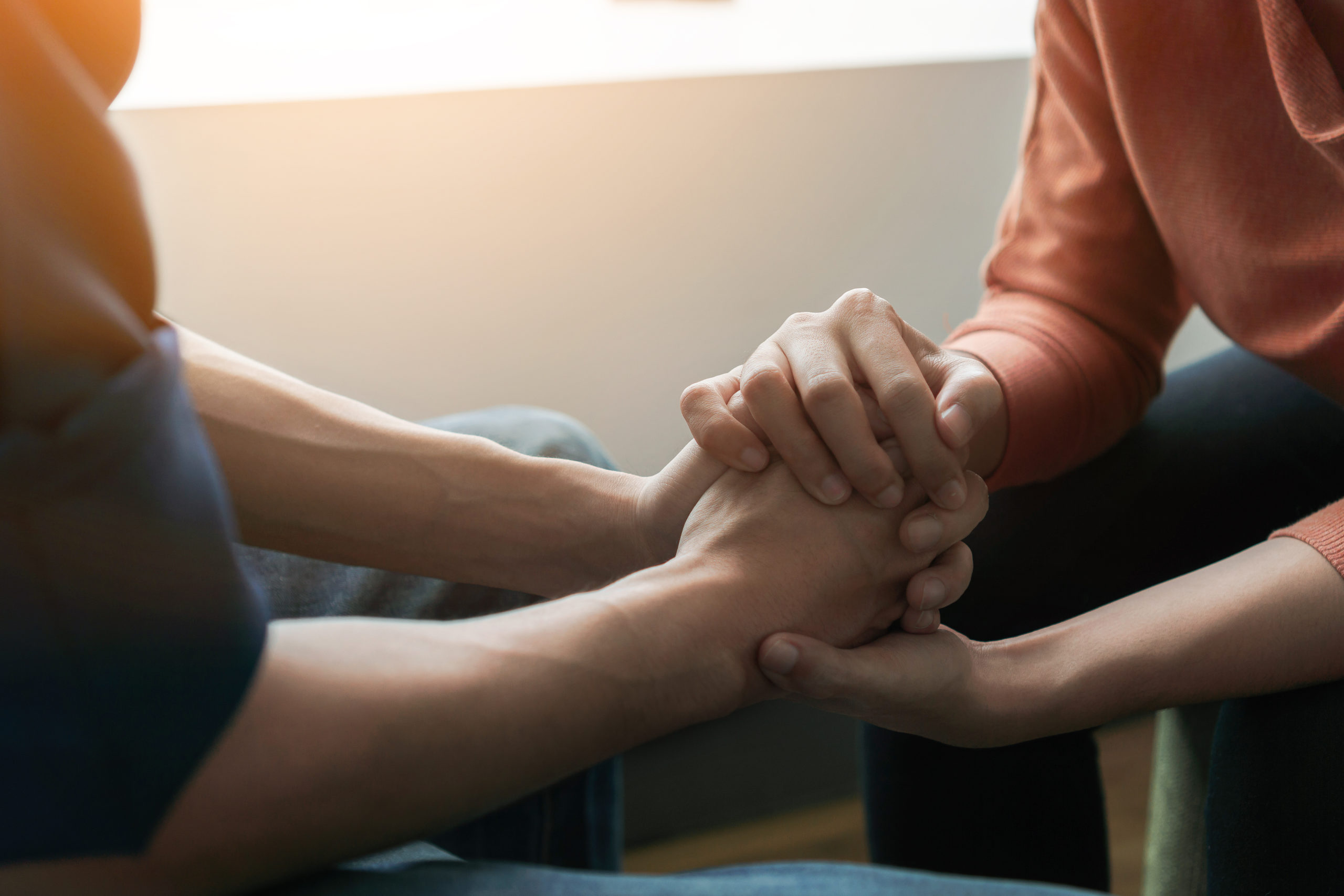Life doesn’t happen in black and white. Mental illness and substance abuse disorders are the types of things that fall into that grey area. The complexities that underlie and lead people to each are vast and often inform the existence of the other.
Of course, people can have a mental illness or substance abuse but what about both together? What about and?
That’s dual-diagnosis and it’s something that many Americans struggle with.
Treating someone with just one of the two, mental illness or substance abuse, already comes with substantial hurdles and difficulties but having both makes treatment even more difficult.
Not impossible, far from it, but there are challenges.
When multiple conditions are presenting at the same time they will start to conceal each other and obscure the real issue at the root. Therefore, going into treatment for just one may end up completely missing the actual problem and essentially only alleviating symptoms.
Defining Dual-Diagnosis
Dual-diagnosis carries the definition right in the name, it’s a person that has a mental disorder and co-occurring alcohol or drug problem. This particular type of comorbidity occurs pretty frequently with roughly 7.7 million adults in the United States being affected by it.
The saddest part is that the relationship between the two, substances and mental illness, works to make the other one worse. The drugs or alcohol intensifying whatever mental illness you’re battling and vice versa.
Almost 40%, 37.9% to be exact, of those with substance use disorders, also had mental illnesses. An astounding amount. About 1 in 5, or 18.2%, with a mental illness, also deal with a substance use disorder.
The most common co-occurring mental disorders that our partner programs treat are:
- Depression
- Bipolar Disorder
- Post-Traumatic Stress Disorder
- Anxiety Disorders
That’s not an exhaustive list, at Above All Treatment Network we can help match you with a program that’s specialized to handle the particular mental disorders that you or a family member or friend are living with.
A dual-diagnosis is tricky to untangle but once confirmed it requires an integrated treatment approach that tackles both in tandem.
Finding the Right Dual-Diagnosis Rehab for You
Even though solutions are out there, a shocking 52.5% of people received no mental health care or substance use treatment at all and only 9.1% received treatment for both. The disconnect is related to the fact that dual-diagnosis rehab is a niche and the reality is that not every treatment center is equipped to handle the complications and intricacies of navigating both at the same time.
Therefore, finding the facility that’s specialized in dual-diagnosis rehab gives you the best shot at successfully conquering both demons and avoiding relapse.
What that looks like in practice is that a rehab emphasizes creating a customized plan that simultaneously targets both substance abuse and mental illness. Working on both at the same time is the only way to navigate towards a lasting and fruitful recovery.
Because of the damage that suffering from both drug and alcohol abuse as well as a mental disorder can cause, the best course of action is a stay in a residential inpatient center. Just detox isn’t enough since that doesn’t touch the mental angle and detox alone is rarely enough anyhow. Outpatient care isn’t immersive to the degree a dual-diagnosis client would need; it simply doesn’t offer enough attention.
At Above All Treatment Network, we’ve been around long enough to have seen the disparity between dedicated dual-diagnosis care and the care a standard drug rehab center provides. There is a significant difference and just tackling the substances without touching the mental health issues is a bridge that only gets you halfway there. We choose our dual-diagnosis partner programs in California carefully, let’s find the one that helps you get all the way there.


